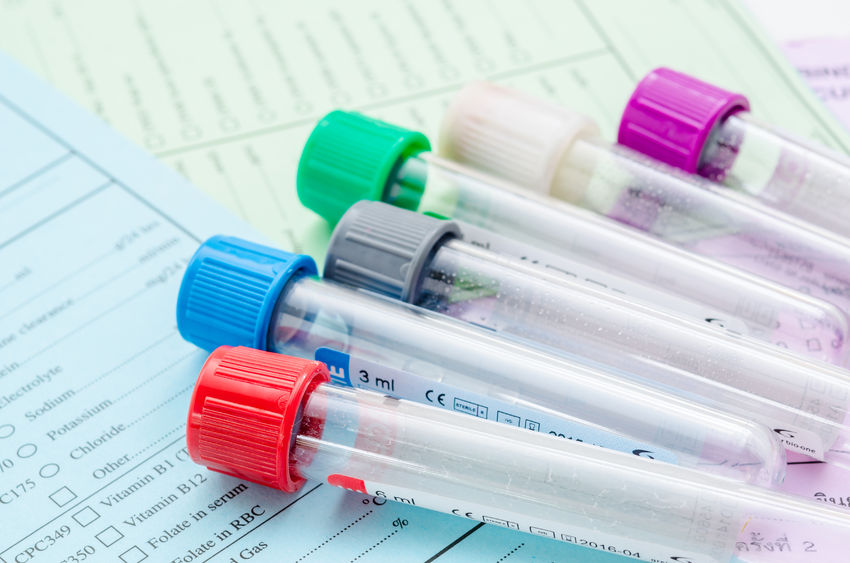
Enteric Fever Test Culture Blood
What is this test?
Enteric fever blood culture test is used to detect the growth of Salmonella typhi or Salmonella paratyphi A, B and C in the blood. This test helps in diagnosing the typhoid fever and paratyphoid fever.
What is an enteric fever?
Typhoid and paratyphoid fevers are generally group termed as Enteric fever. The organism which causes typhoid is called Salmonella typhi and the organisms that cause paratyphoid can be Salmonella paratyphi A or Salmonella paratyphi B or Salmonella paratyphi C.
Typhoid fever is a bacterial infection caused by Salmonella typhi and grows in the intestine and blood. During infection, patients body produce antibodies against Salmonella typhi O and H. They are spread by eating contaminated food or drinking contaminated water. The symptoms include high fever, vomiting, diarrhea, and gastrointestinal problems. Some people may have the infection without exhibiting any symptoms and are able to transmit the organism.
Paratyphoid fever is caused by any of the above-mentioned organisms. These organisms usually grow in intestines and blood. They are spread by eating contaminated food or drinking contaminated water. The symptoms of this fever include high fever, weakness, poor appetite, headache, and in rare conditions skin rash may be developed with pink colored spots, etc. Usually, the symptoms are experienced after 6-30 days after the exposure to the organism. In some rare conditions, individuals with the organism may not get affected and are able to spread it to others.
Why is this test performed?
This test is performed to check the presence of Salmonella species antibodies in the blood. It also helps to diagnose enteric fever or typhoid fever caused by microorganisms like Salmonella typhi, Salmonella paratyphi A, B, C. The doctor may ask you to undergo this test if you are suffering from symptoms like fever, weakness, headache, loss of appetite, pink colored spots, pain in abdomen, chills, nausea or vomiting, constipation, muscle weakness, skin rash etc. If an individual is on the treatment for typhoid and paratyphoid fever and using medications like ciprofloxacin, azithromycin, ceftriaxone, then the doctor may ask to perform this test to evaluate and to check the effectiveness of the treatment.
How often this test is performed? If you have been diagnosed with typhoid or paratyphoid fever, your doctor may advise you to get this test done once in every 2 weeks based on your clinical condition.
Also known as Enteric Fever Test Culture.
Test Preparation
Inform your doctor if you are on any medications, have any allergies or underlying medical conditions before your Enteric Fever Test Culture Blood. Your doctor will give specific instructions depending on your condition on how to prepare for Enteric Fever Test Culture Blood.
No specific preparation is required for enteric fever blood culture test.
Understanding your test results
The normal reference range may be different depending on gender, age, health conditions, and other factors.
If the growth is observed in the culture media then it indicates that infection is present in your body and may lead to typhoid or paratyphoid.
If the growth is absent in the culture media, then it may be due to the absence of infection.
If you get abnormal test results, consult your doctor immediately. Your doctor may recommend other tests depending on your test results.
| Gender | Age groups | Value |
| UNISEX | All age groups | Growth is seen in culture media in case of infection |